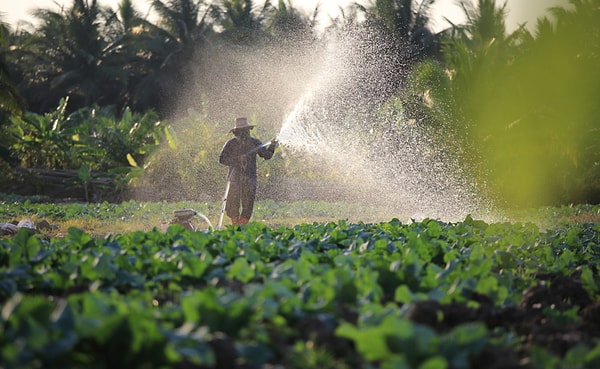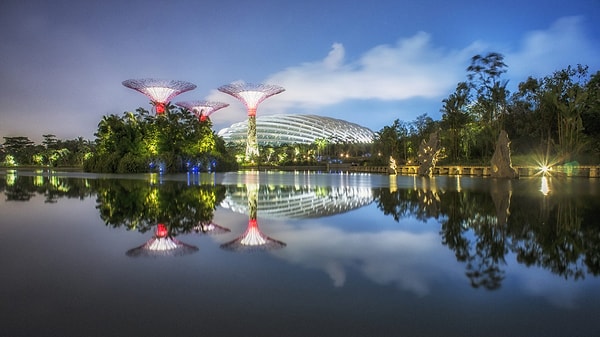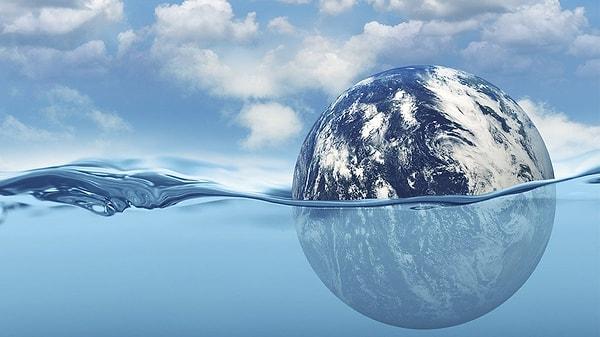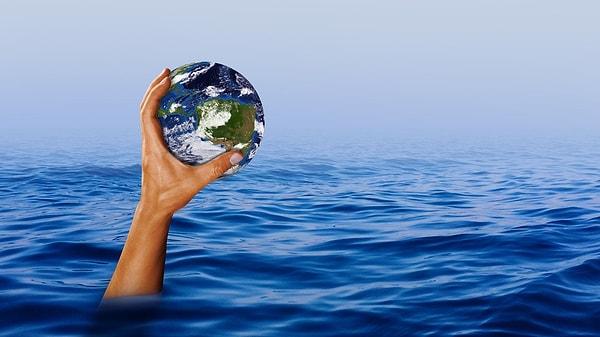Water, Health, and Human Well-being: The Crucial Connection
Water, an elemental force that sustains life on Earth, is intricately woven into the fabric of our existence. Beyond its fundamental role in quenching our thirst, water plays a pivotal role in shaping human health and overall well-being. As the world grapples with the challenges posed by climate change, population growth, and urbanization, understanding the profound connection between water, health, and human well-being becomes increasingly crucial. In this exploration, we delve into the multifaceted ways in which water impacts our physical health, mental well-being, and the broader socio-economic landscape. From access to clean drinking water to the therapeutic benefits of aquatic environments, the intricate interplay of water and human flourishing is a topic that warrants close attention.
The Foundation of Life: Water's Impact on Physical Health

At its core, water is the elixir of life, forming the foundation of our physical health. The importance of clean and accessible water for drinking, sanitation, and hygiene cannot be overstated. According to the World Health Organization (WHO), nearly 2.2 billion people worldwide lack access to safely managed drinking water services, exposing them to waterborne diseases. Contaminated water sources contribute to the spread of ailments such as cholera, dysentery, and typhoid, posing a significant threat to global public health.
Beyond the prevention of waterborne diseases, proper hydration is essential for maintaining bodily functions. Water is involved in digestion, nutrient absorption, and temperature regulation. Dehydration can lead to a range of health issues, from fatigue and headaches to more severe complications. In regions where water scarcity is a pressing issue, ensuring access to clean water becomes a critical component of public health strategies.
Aquatic Environments and Mental Well-being: The Therapeutic Power of Water

While the physical aspects of water are undeniable, its influence on mental well-being is equally profound. The therapeutic power of aquatic environments has been recognized for centuries, with cultures around the world incorporating water-centric practices for relaxation and rejuvenation. Whether it's the calming sound of ocean waves, the serenity of a mountain stream, or the tranquility of a peaceful lake, water has a unique ability to soothe the mind.
Studies have shown that being near water can have positive effects on mental health, reducing stress and anxiety. The term 'blue mind' has been coined to describe the meditative and calming state induced by water environments. Coastal areas, in particular, have been associated with improved mental well-being, with the rhythmic movement of tides and the vastness of the sea eliciting a sense of awe and connectedness.
The Nexus of Water, Agriculture, and Food Security

Beyond its direct impact on health, water is intrinsically linked to agriculture and food security, vital components of human well-being. Agriculture is the largest consumer of freshwater globally, and water scarcity can jeopardize food production. As the world population continues to grow, the demand for food rises, placing increased pressure on water resources.
Efficient water management in agriculture is essential for ensuring a stable and secure food supply. Practices such as drip irrigation and rainwater harvesting contribute to sustainable water use in farming, mitigating the environmental impact. Additionally, the quality of water used in agriculture directly influences the safety and nutritional value of the food produced, further emphasizing the intricate connection between water, food, and human health.
Water as a Catalyst for Socio-economic Development

Access to clean water is not only a fundamental human right but also a catalyst for socio-economic development. Communities with reliable water sources experience improved health outcomes, allowing for greater workforce participation and productivity. Moreover, access to water is often a key determinant in the education of children, particularly girls, who may otherwise spend hours fetching water, hindering their ability to attend school.
In urban settings, the provision of adequate water and sanitation services is essential for creating livable, sustainable cities. The lack of these services not only poses health risks but also hinders economic growth. Investment in water infrastructure, including water treatment plants and distribution networks, is crucial for building resilient and prosperous urban environments.
Challenges and Opportunities: Navigating the Water-Health Nexus

Despite the evident connection between water, health, and human well-being, significant challenges persist. Climate change, population growth, and inadequate water management exacerbate water scarcity issues, threatening the delicate balance that sustains life. Inequalities in water access persist, with marginalized communities disproportionately affected by water-related challenges.
However, amid these challenges lie opportunities for positive change. Innovative technologies, such as water purification systems and efficient irrigation methods, hold the potential to address water scarcity issues. Integrated water resource management, coupled with international collaboration, can contribute to sustainable solutions. Education and awareness campaigns are essential in fostering a deeper understanding of the intricate links between water and human well-being, empowering communities to advocate for change.
A Call to Action

In conclusion, the connection between water, health, and human well-being is undeniably crucial. As we navigate the complexities of the 21st century, recognizing and addressing the challenges within this nexus is imperative for the prosperity of current and future generations. Whether through ensuring access to clean water, harnessing the therapeutic benefits of aquatic environments, or promoting sustainable water management, the choices we make today will shape the well-being of individuals and communities around the globe. It is a call to action, a recognition of water not just as a resource but as a fundamental determinant of our collective health and flourishing.
Keşfet ile ziyaret ettiğin tüm kategorileri tek akışta gör!


Send Comment